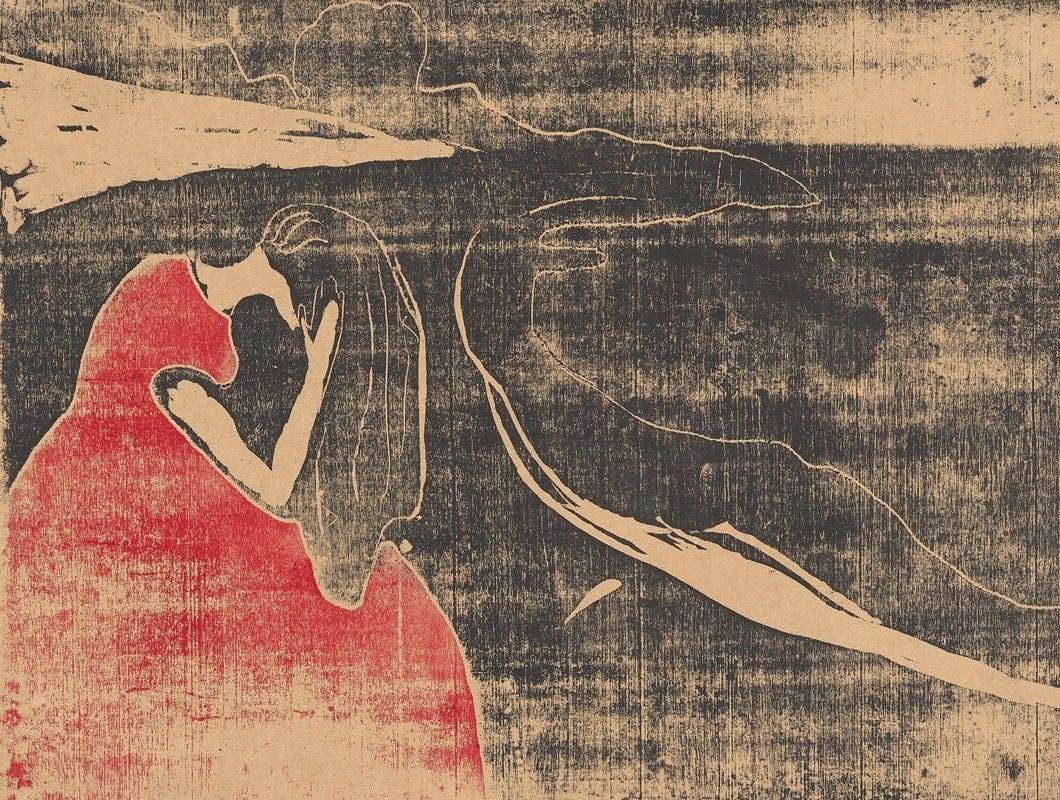It's Not Clear What Kamala Harris Believes. Does it Matter?
On the joys and perils of a substance-free campaign.
After an August break, it’s good to be back. If you missed it, check out my conversation with Damir from Friday on the role of “vibes” and ideas in the presidential race. This was one of those examples of an episode that pushed me to rethink and clarify my own positions. Do check it out here.
This isn’t to say I’m “embracing” vibes. The horror! But it i…





